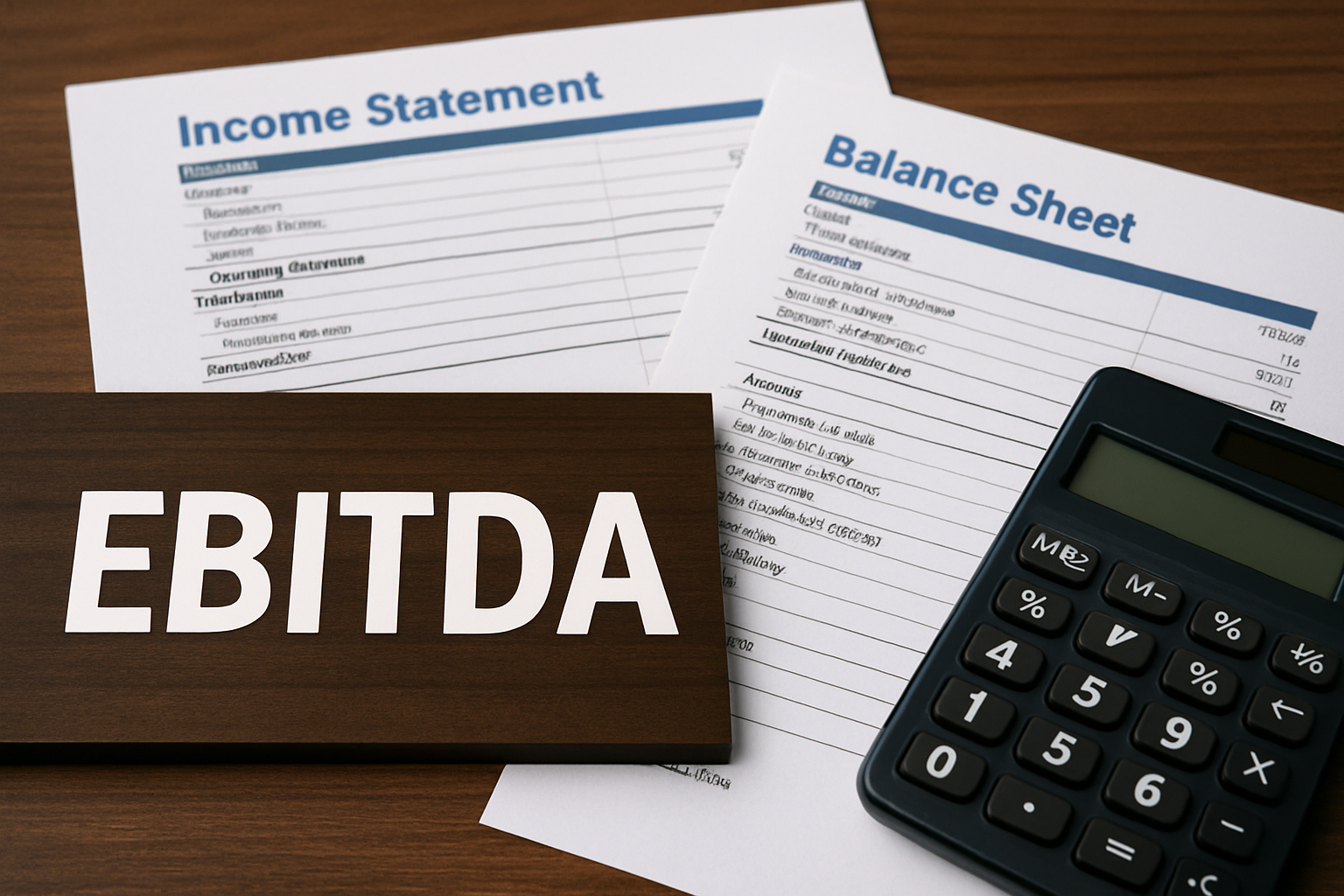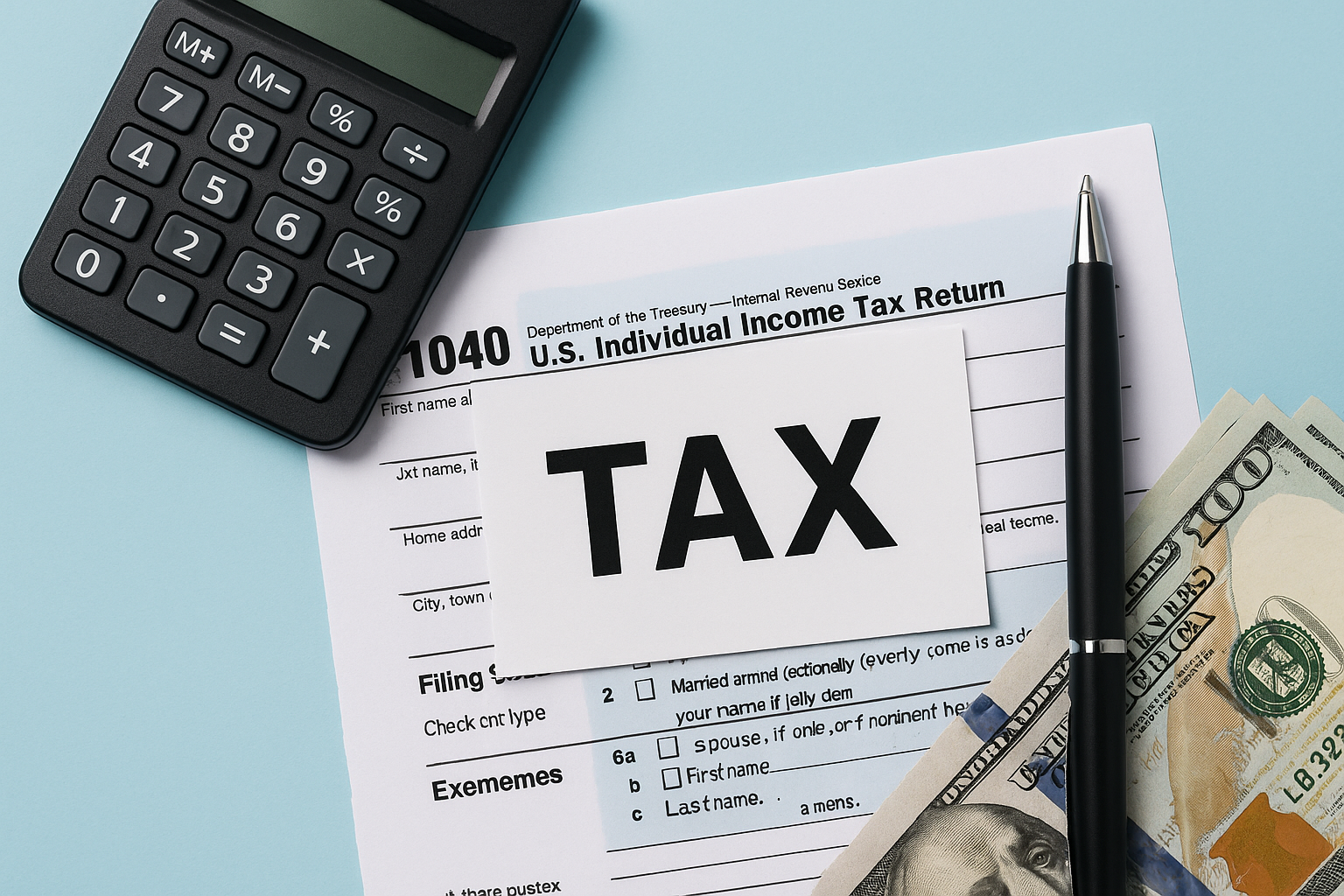Cash vs. Accrual Accounting: What E-Commerce Founders Need to Know

If you’re running a Shopify-based business and you’re still not sure whether you should be using cash or accrual accounting, this is the breakdown you actually need.
The Basics: Cash vs. Accrual (Plain English)
Cash basis accounting means nothing touches your books until it touches your cash account. You don’t record a sale until the money shows up in your bank.
Accrual basis accounting means you record the transaction when it actually happens — not when the cash moves. If you ship a product today but don’t get paid for 30 days, you still record the sale today. You record it as accounts receivable, then swap that out for cash when it hits the bank.
What Works Best for E-Commerce
For most e-commerce businesses, the right answer is accrual— or at least a modified accrual system.
If you’re selling DTC and don’t have receivables, that’s one thing. But you do have inventory. And inventory is likely your single largest asset, and your biggest expense is the cost of that inventory when it is sold.
You also probably have accounts payable — vendor terms, delayed payments, etc. If you’re not recording those, you’re missing critical parts of your financial picture.
So even if you don’t have receivables, you still need accrual for payables and inventory. Without it, your books aren’t giving you the full story.
Why Cash Basis Gets Dangerous at 7 Figures
Once your business scales, the cracks in cash basis accounting start to show.
Say you start selling wholesale. Larger orders, delayed payments. If you’re not recording sales when they happen, your revenue is disconnected from reality.
Same thing on the inventory side. More sales means more inventory. More vendor terms. You need to know how much cash is tied up in product and what you owe vendors. You can’t track that without accrual accounting.
Sticking with cash basis when you’re at or above seven figures means you’rerunning a complex business on a bookkeeping method built for lemonade stands.
When Cash Basis *Might* Be Okay
There are rare cases where cash basis works. Usually it’swhen:
- Your inventory is homogenous (like bulk vintage clothing)
- You don’t sell wholesale or give customer terms (your customers pay when or before they get the items)
- You pay for inventory up front (no payables)
And even then, you’re limited in how much insight you can get. Cash basis meansyou only see what’s happening when the money moves — but a lot happens beforeor after that.
So yes, the IRS allows some businesses to expense inventory as they buy it —but for most e-commerce brands, accrual is the better long-term choice.
Still using cash basis accounting? Or unsure if your books actually reflect reality? Lonely, and just want to talk to someone? Book a call and let's chat!

If you’re running a Shopify-based business — or thinkingabout selling one — you’ve probably heard the term “EBITDA” thrown around. But what the hell is it actually measuring, and why does it matter? This post breaks it down in plain english.
What Is EBITDA (In Plain English)
EBITDA stands for Earnings Before Interest, Taxes,Depreciation, and Amortization.
It’s a way to measure the cash flow generated by the operations of the business, without the noise of non-operational accounting entries.
By backing out interest, taxes, depreciation, and amortization, you’re removing costs that aren’t directly tied to day-to-day operations and would look totally different under different ownership.
It gives you a number that reflects how much profit the business actually produces from operations — a useful way to compare performance across companies, time periods, or potential buyers.
Why EBITDA Matters If You're Selling (Or Scaling)
When you're valuing a business, one common method is toapply a multiple to EBITDA. A software company might be worth 20× EBITDA. A manufacturing business might go for 10× (bote these are just for illustration, please reach out if you want an actual range for your company).
The idea is to look at comparable businesses, what they sold for, and how that sale price relates to their EBITDA. Then you apply a similar logic to your business to get an estimate of what it might be worth on the open market.
Yes, there are other valuation methods — based on revenue, assets, and sometimes just hope and dreams. But EBITDA gives you a cash-based, semi-objective number you can work from.
Normalization vs. Manipulation
Let’s talk about a dirty little secret: most small business owners run some personal expenses through their business.
That conference in San Diego? You stayed three extra days. Did you reimburse the company? Probably not.
This is where “normalizing” EBITDA comes in. You add back expenses that technically hit EBITDA but aren’t really business-related or wouldn’t existunder new ownership — travel, meals, vehicle expenses, etc.
So is EBITDA manipulated? Sometimes, yeah — but it’s more often just adjusted to reflect the true economics of the business.
What founders *should* be worried about isn’t manipulation — it’s accuracy. Most small businesses don’t intentionally fudge their numbers — they just have sloppy books. Bad bookkeeping, unreconciled accounts, missing entries. That’s what really skews EBITDA.
How to Calculate EBITDA in a Shopify Business
Step one: clean your books. If your inventory, receivables,or payables are wrong, your EBITDA will be too.
For product-based e-commerce companies, COGS is your biggest expense and inventory is usually one of your biggest assets. If those aren’t tied out, the whole foundation crumbles.
Once your balance sheet is clean, identify any expenses that should be normalized — personal travel, car payments, anything that wouldn't show up under different ownership.
Then do the math:
- Start with Net Income from your P&L
- Add back Interest Expense
- Add back Income Taxes (not payroll taxes — only income-based taxes)
- Add back Depreciation
- Add back Amortization
That’s your EBITDA. It’s a measure of the business’s operational cash flow. And it’s only meaningful if your books are tight and your normalizations are honest.
Thinking about selling? Trying to get a real handle on cash flow? Afraid your books are a mess? Just want to chat and talk about sports? Book a call here

Let’s clear up one of the most common sources of confusion for business owners: how tax brackets actually work — and what’s changing in 2025 that might affect your bottom line.
Understanding Tax Brackets (in Plain English)
Think of tax brackets like buckets.
You start with the lowest one — the 10% tax bracket bucket. The money that fills that bucket is only taxed at 10%. Once that bucket is full, the next dollar goes into the 12% bucket. And all the dollars in that bucket are taxed at 12%.
To put that a different way:
If you have $50,000 of taxable income, the first $12,000 is taxed at 10%.
The next $30,000 is taxed at 12%.
And the $8,000 that’s left spills into the next bucket — the 22% bracket — and only that portion is taxed at 22%.
The key issue is this: tax brackets are marginal. It’s not “you hit the 22% bracket so now all your income is taxed at 22%.” It doesn't work that way.
What’s Changing in 2025
The tax rates haven’t changed from 2024 to 2025 — they’re still the same brackets: 10% at the low end, up to 37% at the high end.
What has changed is the amount of dollars that fit into each bucket. And it’s a marginal increase — not huge, but also not nothing.
For example:
- In 2024, the first $11,600 of taxable income was taxed at 10%.
- In 2025, that goes up to $11,925 — an extra $325 in that lowest bracket (please try to contain your excitement).
Same with the 12% bracket:
- It capped at $47,150 in 2024.
- Now in 2025, it’s $48,475 — a $1,325 increase.
The rates didn’t change — but the dollar ranges that apply to those rates have gone up a bit.
The Biggest Misconception
The biggest misconception is this idea of marginality — or rather, the lack of understanding around it.
People think that if they move from the 12% tax bracket into the 22% bracket, suddenly all of their income is taxed at 22%.
That’s not how it works.
For 2025, the first $48,475 of taxable income is still taxed at 12%. Only the dollars above that are taxed at 22%.
So moving into the next bracket isn’t the financial hit people fear. It’s just the next dollars, not your whole income, getting taxed at that rate.
Some "advisors" out there try to scare business owners into thinking bracket jumps are a huge problem. Anyone who tries to scare you with talk of “next tax bracket” is either shady or stupid. Making more money does mean more tax, but it also means more money!
Would you rather make $50,000 and pay no tax or make $250,000 and pay $50,000 in tax?
What You Should Do Now
The smartest thing any business owner can do when it comes to taxes is plan.
And I don’t mean big estate strategies or setting up trusts (though that has its place) - I’m talking about something much simpler:
- Doing projections throughout the year so you know where you are (at least twice).
- Knowing what your estimated payments or withholddings should be.
- Knowing what your liability will look like next April so you’re not caught flat-footed.
At least twice a year, sit down with your CPA or accountant — or do it yourself— and run a tax projection. Use real numbers from where you are right now.
Then you can ask smart questions:
- Should I buy equipment and take the depreciation?
- Should I max out my SEP or Solo 401(k), or consider a profit share contribution?
- Should I try to defer income?
You can’t make any of those decisions without accurate data. And unfortunately, most small business owners don’t even see their taxable income until after December 31st - when it’s too late.
Is your tax preparer “too busy” to help with twice annual tax projections? Call us, it’s included with all our tax packages!


